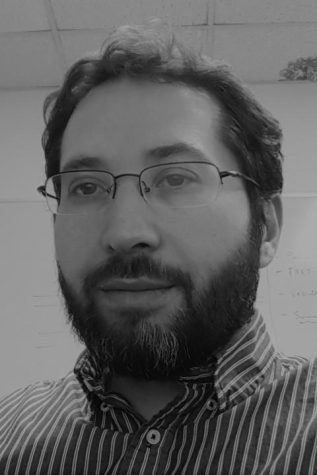Grant awarded to Kent State invests in anti-cancer therapy research
April 21, 2022
Kent State pharmacology, physiology and biological chemistry research departments are set to receive a $454,327 grant that will help researchers and students lay the groundwork for new anti-cancer therapies.
While applying for the grant from the National Institute of General Medical Sciences in 2018, it took physics professor Hamza Balci and chemistry and biochemistry professor and chair Soumitra Basu years of research and multiple publications before being accepted.
“These grant awards are highly competitive and are a testament to the state of the art science being conducted at Kent,” said Douglas Delahanty, the interim vice president for Research and Sponsored Programs. “Professor Balci’s research promises to improve our understanding and treatment of many types of cancer.”

The grant will also provide a unique, hands-on experience for undergraduate and graduate students who will work in the lab.
“In many cases, actually, these experiences are life changing,” Balci said. “For them, that is the first time they get to be in a lab, they have that project of their own.”
The research will focus on using a form of CRISPR to suppress some genes involved in cancer by rationally interfering with the G-quadruplex structures that DNA and RNA sequences rich with guanosine residues can adopt. CRISPR is a highly precise gene editing tool that cuts into DNA, allowing targeted areas to be removed or added onto. However, this version binds with rather than cuts the DNA.
“When they form they actually suppress, they reduce the expression of some genes that are involved in cancer,” Balci said.
While the research is still early, there is hope it may lead to a new anti-cancer therapy.
“We think it’s a good idea, it’s a promising idea,” he said. “But it’s very early to say, you know, this is, like all fundamental research, you have to do it first and then see.”

Basu, who has worked on G-quadruplexes for 30 years and has a Ph.D. in molecular pharmacology and structural biology, said Kent State is leading the way for research on this matter.
“While many companies and numerous labs are working on CRISPR technology, our work is unique in that we are focusing on how the CRISPR technology can be utilized in the presence [of] G-quadruplexes, which are quite prevalent in the human genome (DNA),” he said.
Alton Northup is a reporter. Contact him at [email protected].

























